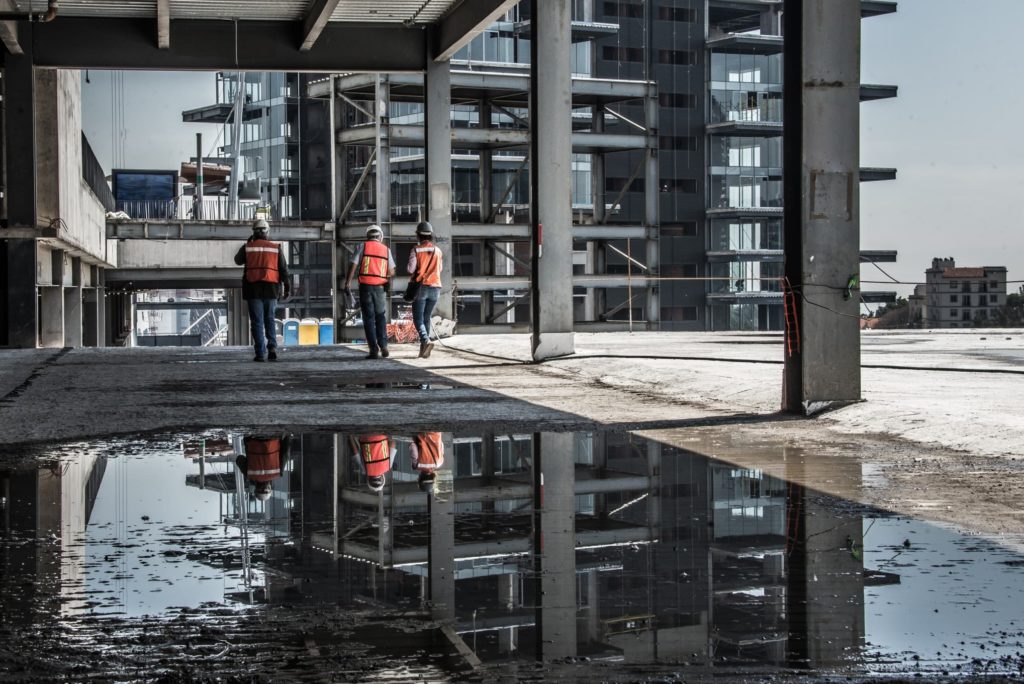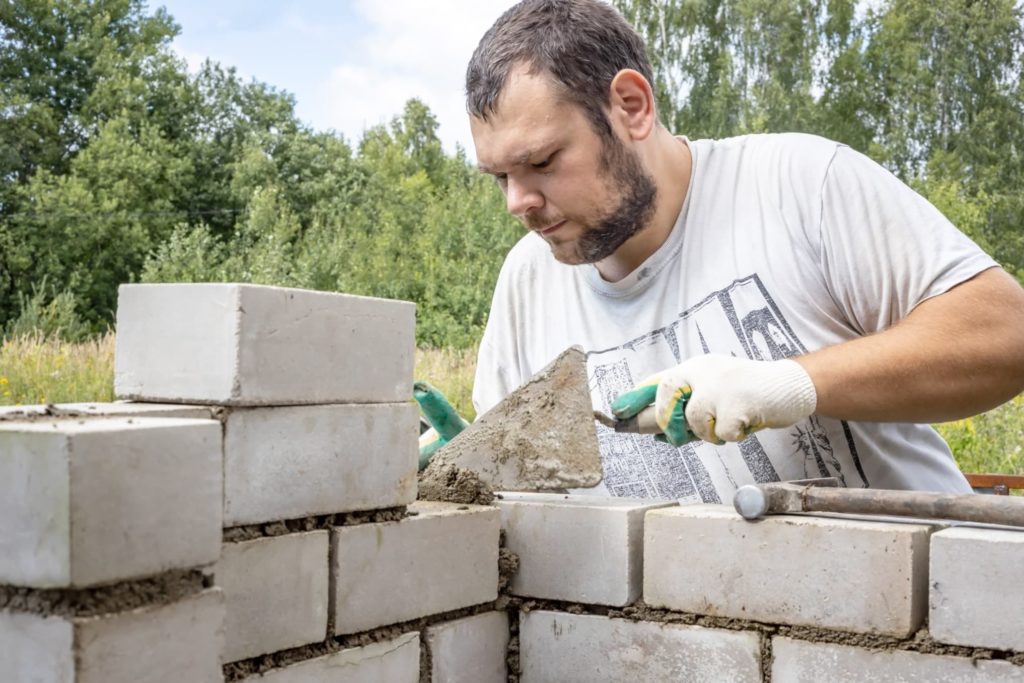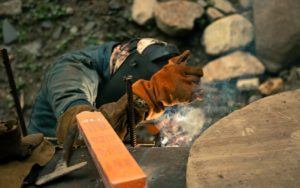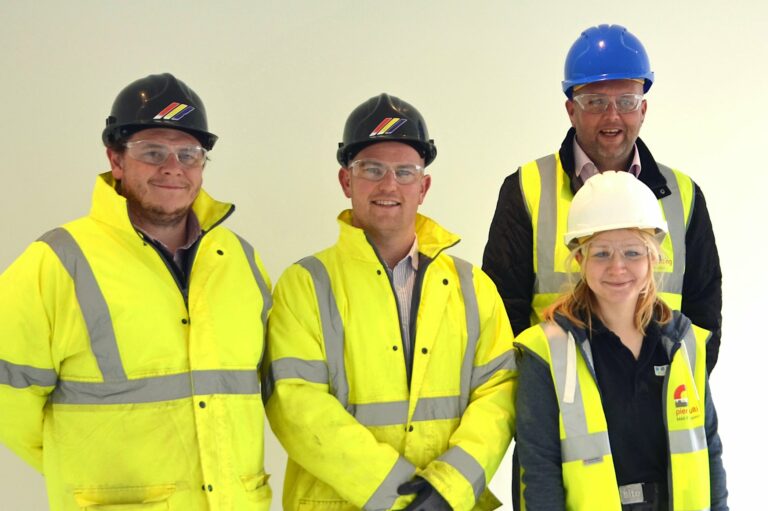CVs in Construction: Do they still matter?
You may be tempted to dismiss CVs as unnecessary within the construction industry. Perhaps you already have. When construction workers are defined by their practical skills, not their academic grades or choice of hobby, what difference does a piece of paper make?
If you’ve decided that CVs are just a tick box exercise in your recruitment process, by the time you’ve finished reading this article we’ll have changed your mind.
Construction CVs have the potential to provide you with a much more accurate and rounded picture of a potential employee, making you far more likely to recruit the right worker for your projects – if you know what to look for.
How important are CVs for the construction industry?
Construction CVs are invaluable for helping you to gain insight into potential new recruits. As well as giving you basic information about their skills and previous experience, CVs can help you determine a worker’s commitment to the jobs they undertake, if they have invested in their own personal development, and how they see themselves.
A CV gives you a better understanding of your construction workers, and will help to ensure you select the right workers for your projects.

Do construction workers really need to provide a CV?
Yes. At the very least, a worker with no CV is unorganised, suggesting a lack of interest in the role they are applying for. At the worst, a construction worker without a CV has embellished their experience or oversold their skills. True, you can lie on a CV, but it’s a lot harder to make something up if you’re providing dates and the name of an organisation that could be contacted to confirm the information given.
What happens if I ignore a CV?
If you ignore red flags on a CV – or a complete lack of CV – you can’t be surprised if you find out that the worker you hired is unsuitable or underskilled. The worker may simply up and leave before a project has been completed, leaving you to find their replacement.
We know that when you’re pressed for time, it can be easy to ignore a CV in favour of a quick phone call. But skipping one step can cause you huge problems later down the line. If you’re struggling to find the time to read the CVs you get sent, let us do the hard work for you.
Schedule a call with us and we’ll find the right construction workers for your next project.
What is a bad construction CV?
A bad construction CV is vague.
Construction CVs are like a CV for any other industry: they should be tailored to the industry and they should be specific. Generic phrases like ‘good team player’ are pointless if examples aren’t provided with them.
Skills listed must be construction trade or environment specific. Alarm bells should start to ring if a worker has applied for a role but you can’t see any demonstrable experience in a similar setting. For example, a plumber may be brilliant in a domestic environment, but if they haven’t worked in a commercial environment before, they may not be suitable for a role on a construction site. Equally, if they haven’t given details of their installation experience, such as mapress or victaulic, you need to know more.
It’s crucial that trades can work in the environment they are applying for, and sometimes, having experience within the right environment can be more important than the skills themselves. The construction market is broad, containing the domestic, commercial, and industrial market, and so it’s essential that you know where a worker’s experience lies.

How can I tell who to avoid based on their CV?
You need a worker’s CV to match the position you’re trying to fill. As the hirer, you have to home in on the skills and experience that is most relevant to your role, and make sure a worker’s CV fits the bill.
A CV can provide you with enough basic information to help you avoid workers who are unsuitable for your project.
For example, if you’re looking for a construction worker to take on a long term role and they haven’t been in one position for more than 6 months, that suggests they may not be the best fit for you. Of course, it’s worth asking a worker why they’ve moved around a lot, but without a CV, you wouldn’t know to ask that question.
Are there any signs of a bad worker from their CV?
You may not be able to judge the quality of someone’s pipe fitting from their CV, but you will get an indication of their attitude. If a CV is difficult to read, full of spelling mistakes, and generic enough that it could be used to apply for a role in any industry, the chances are, the worker isn’t that interested in your position.
It doesn’t take much time to use spell check on a laptop, and if a CV is too general, it’s unlikely that the worker is committed to construction. For the sake of your bottom line, your workers need some level of commitment.
What does a good construction CV contain?
Detail. A good construction CV will have examples of skills, relevant experience, key qualifications, and a short profile. It’ll also have contact details and any professional profiles.
If you’ve requested CVs for a specific job profile, a good CV will include the key words you’ve highlighted in the original job description, making it easy for you to scan the information and find a match.
What are important construction skills to look out for?
The construction industry is broad, but worker roles are clearly defined. The duties of each role will vary, so there’s no copy and paste list to look out for on a construction CV. Instead, you need to be clear about the skills you are most interested in for the role you want to fill. If you need a general labourer who will be operating a forklift truck, you need someone who has a licence to drive a forklift truck, as well as demonstrable experience of forklift truck driving.
If you need an electrical technician, you’re looking for someone who can comfortably install cables, conduits, tubing, and switching devices.
How should construction experience be listed?
Most recent experience should be listed first, along with start and end dates of each role. If there are gaps between positions, you can ask a worker what they were doing during this time to help you get a better understanding of their complete work history. You may find that some workers have removed roles they felt were irrelevant.
How can prioritising CVs during the recruitment process help your bottom line?

By following our advice and making CVs an important part of your application process, you can help minimise the risk of hiring a worker who will quickly leave your organisation. A construction CV can help you to ensure the workers you hire are the best fit in terms of skills and experience, but also in terms of their attitude towards work.
When you hire the best people for the job, rather than just anyone who applies, you are far more likely to build a committed workforce. You’ll benefit from knowing your workers can complete the job to a high standard, and your workers will benefit from taking on a role that suits them.
If you’d like to invest more time in looking at CVs but you don’t have the manpower to change your recruitment process, we can help. We receive and maintain accurate CVs for all of our workers, and we can help you find the right construction workers for your project.
Are you a construction worker who is unsure what clients expect on your CV?
Your CV doesn’t need to be overly complicated, but it does need to provide a genuine and thorough list of your skills, experience and any professional qualifications.
How to write a good construction CV
If you’re a construction worker without a CV, our first piece of advice would be to make sure you start recording each role you undertake. P.I.E.R keeps a record of every position taken on by staff, so it may be worth contacting your previous employers to find out dates and job titles.
When you’re writing your CV for a construction role, make sure you refer back to the job description. Create a CV that’s specific to the role you want to apply for.
How to structure your CV
Start with your contact details, followed by your work history. If you’re new to the industry, include your education. Next, list your skills – with examples where possible. After your skills, include any training you’ve undertaken or professional qualifications achieved.
Ideally, you should include a short profile at the top of your CV (below your contact details) that gives prospective employers an at-a-glance understanding of your professional experience. It’s often easier to write this once you’ve completed your CV.
Remember, hiring managers will often only spend 6 seconds scanning a CV initially, so it’s important that you make your CV relevant to catch their attention. Use bullet points to make your CV easier to read at speed, and don’t write a CV that’s longer than 2 A4 pages.
CV ready to go but finding it difficult to secure work?
Register with P.I.E.R today and we’ll get your CV in front of the right people.







